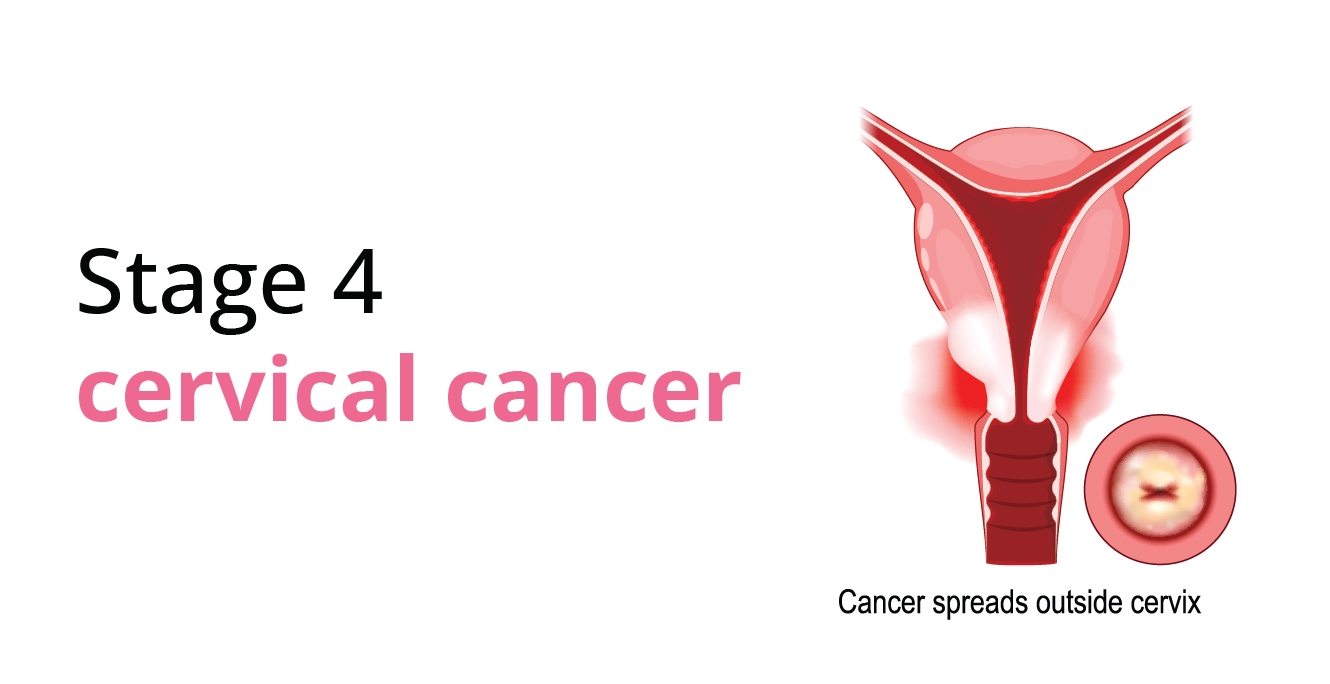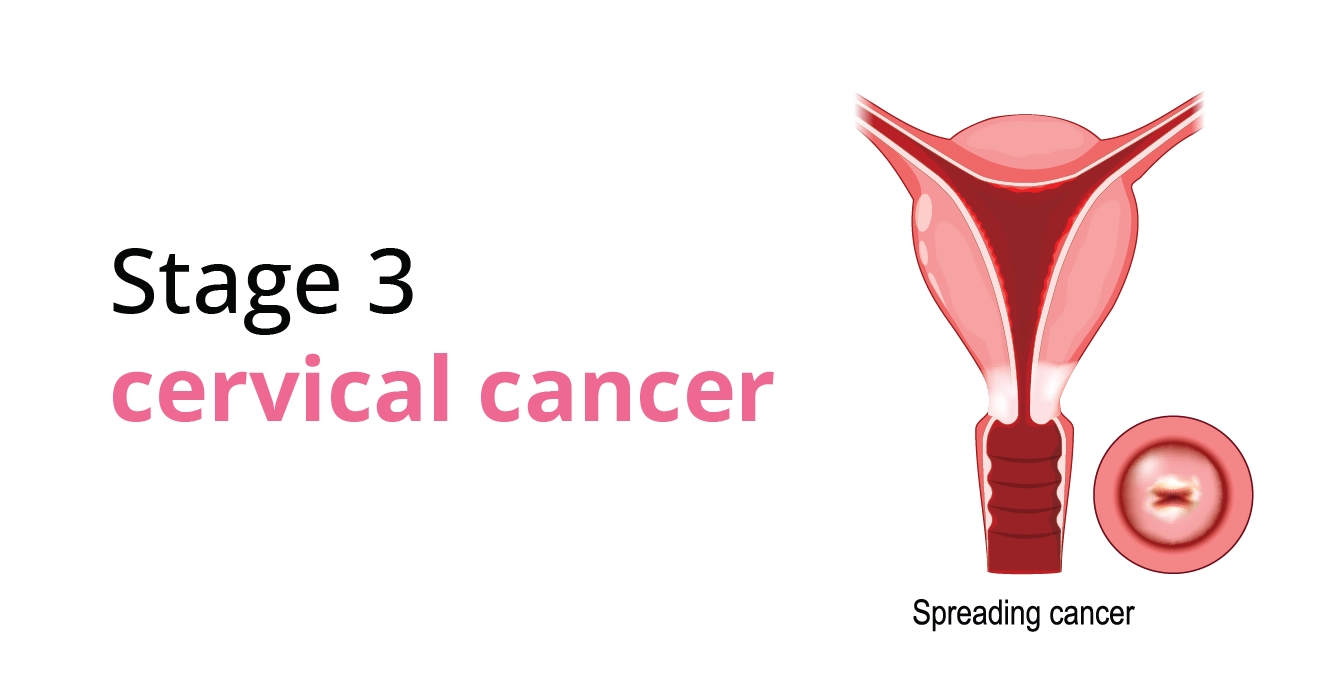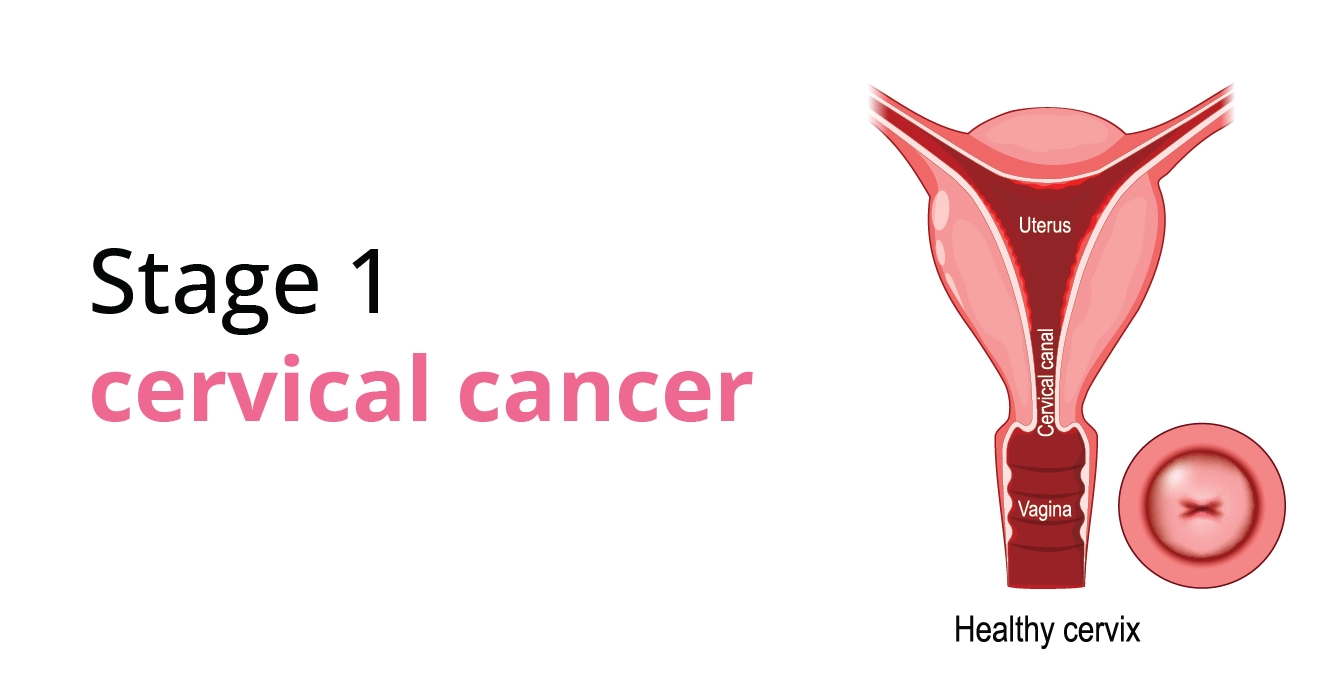
Why is Letrozole Used in Fertility Treatment

Table of Contents
- How Does Letrozole Work for Infertility?
- What Are the Benefits of Letrozole in Fertility?
- Letrozole vs Clomid: 7 Key Differences
- When to Take Letrozole for Fertility?
- IVF and Letrozole
- IUI and Letrozole
- Letrozole for PCOD Patients
- Letrozole for Unexplained Infertility
- Success Rates of Letrozole for Fertility
- How Many Cycles of Letrozole Are Required to Get Pregnant?
- Final Thoughts
| Did you know? Letrozole was originally developed to treat breast cancer, but now it has gained immense popularity as a fertility medicine, surpassing clomid. |
Finding the right treatment for infertility issues is not just a medical journey but an emotional one, too. There are many medicines used to treat infertility, and among those options, letrozole stands out due to its effectiveness and affordability. It is commonly prescribed to help women ovulate, especially those dealing with PCOS, unexplained infertility, or those undergoing IUI or IVF cycles. Let’s learn more about this valuable medicine for fertility, its impact on ovulation, and its growing significance in assisted reproductive techniques (ART).
How Does Letrozole Work for Infertility?
- Before we understand the working mechanism of Letrozole, let’s know about aromatase inhibitors – a class of medicines to which this drug belongs and aromatase – an enzyme that converts androgens, the male hormones, into estrogens, the female hormones.
- When Letrozole (an aromatase inhibitor) blocks the enzyme aromatase, the levels of oestrogen drop temporarily. This short-term decrease in oestrogen signals the pituitary gland in the brain to release more follicle-stimulating hormone (FSH).
- Increased FSH levels stimulate the ovaries to develop and mature follicles, leading to the release of an egg ready for fertilisation. This process is called ovulation.
- In a nutshell, Letrozole gently nudges the ovaries to release eggs by making the body “think” its oestrogen levels are low.
What Are the Benefits of Letrozole in Fertility?
Letrozole was initially approved for treating breast cancer, but later it was found to be highly effective in stimulating ovulation in women struggling with fertility problems.
It is therefore, now widely prescribed for:
- Ovulation induction in women who do not ovulate regularly (anovulation).
- Enhancing egg release in women with irregular cycles.
- Improving pregnancy chances in IUI or IVF treatments.
- Alternative to Clomiphene citrate (Clomid) for patients who did not respond well to it.
Doctors often prefer Letrozole for fertility because it has fewer side effects compared to older drugs like Clomid and does not thin the uterine lining, which is a vital factor for embryo implantation.
Letrozole vs Clomid: 7 Key Differences
| Key Point | Letrozole (Femara) | Clomid (Clomiphene Citrate) |
| Mechanism of Action | – Aromatase inhibitor – It lowers oestrogen to stimulate FSH |
– SERM (Selective Oestrogen Receptor Modulator) – It blocks oestrogen receptors to stimulate FSH & LH |
| Effect on Uterine Lining | Preserves or improves thickness | May thin the lining, affecting implantation |
| Impact on Cervical Mucus | Minimal effect; sperm passage favourable | Can reduce cervical mucus, potentially hindering conception |
| Ovulation & Pregnancy Rates | Ovulation 70–80% with high pregnancy rates | Ovulation 60–70%; lower pregnancy rates than letrozole |
| Risk of Multiple Pregnancies | Lower | Higher |
| Side Effects | Temporary side effects include: – Fatigue – Dizziness – Headache – Hot flashes |
Temporary side effects include: – Hot flashes – Mood swings – Visual disturbances – Bloating |
| Preferred Patient Groups | – PCOS – Unexplained infertility – Poor responders – IVF candidates |
– Anovulation – First-line ovulation induction – Simpler fertility issues |
When to Take Letrozole for Fertility?
Your doctor will usually prescribe Letrozole 2.5 mg or 5 mg daily for five consecutive days in your menstrual cycle.
- Day 1 of your cycle is counted as the first day of your period.
- You may be asked to start Letrozole on day 3 or day 5.
- Ovulation typically occurs 5–10 days after completing the medication course.
Timed intercourse, IUI, or egg retrieval for IVF may then be planned based on ultrasound follicle monitoring. If ovulation does not occur, your doctor might adjust the Letrozole dose (up to 7.5 mg) or repeat it for another cycle.
IVF and Letrozole
Letrozole, as a fertility drug, has proved to be significantly effective in IVF. By reducing the amount of injectable hormones required for ovarian stimulation, it has made the treatment both cost-effective and physiologically balanced.
It also supports a favourable hormonal environment by lowering the levels of oestrogen. This further enhances endometrial receptivity, which plays a key role in successful embryo implantation.
Women suffering from hormone-sensitive conditions, like those at a high risk of Ovarian Hyperstimulation Syndrome (OHSS) have benefited from letrozole as it offers a safer stimulation alternative during IVF cycles.
IUI and Letrozole
IUI, i.e Intrauterine Insemination, is usually the first choice of fertility treatment over IVF due to its simplicity and affordability. Letrozole for IUI is one of the most common and successful combinations in fertility care. It stimulates ovulation, helping doctors predict the best time for insemination.
The process has to be done under the guidance of a fertility specialist and generally involves the following steps:
- Taking Letrozole 2.5 mg or 5 mg for five days.
- Monitoring follicle growth via ultrasound.
- Triggering ovulation with hCG when the follicle reaches maturity.
- Performing IUI approximately 36 hours later.
Studies have shown that Letrozole-IUI cycles often result in higher pregnancy rates compared to Clomid-IUI cycles, particularly in women with PCOS.
Letrozole for PCOD Patients
The main challenge in Polycystic Ovary Disorder (PCOD) or PCOS is the irregularity or absence of ovulation. Letrozole has become the first-line treatment for ovulation induction in such providing a good alternative to clomiphene citrate.
Why it works better:
- It improves ovulation frequency
- It does not interfere with the uterine lining or cervical mucus.
- It reduces the risk of multiple pregnancies compared to Clomid.
A study published in the New England Journal of Medicine found that Letrozole led to higher live birth rates in women with PCOS compared to Clomiphene, making it a more effective choice for this group.
Letrozole for Unexplained Infertility
In cases where the root cause cannot be found through standard tests, popularly known as unexplained infertility, Letrozole is commonly used to stimulate the ovaries to gently release more than one egg. This increases the chances of fertilisation during natural intercourse or IUI.
For couples undergoing unexplained infertility treatment, Letrozole offers:
- Minimal side effects.
- Low multiple pregnancy risk.
- Cost-effective results when combined with IUI.
Success Rates of Letrozole for Fertility
The success rate of letrozole depends on many factors, including age, underlying condition, and how the body responds to the medication.
On average:
- Around 60–70% of women with PCOS ovulate with Letrozole, compared to ~50% with Clomiphene Citrate.
- The live birth rate in PCOS patients using Letrozole is about 27–29%, compared to 19–21% with Clomiphene.
- Pregnancy rate per cycle typically ranges from 15–25%, depending on age, ovulatory response, and the underlying infertility cause.
- Repeated Letrozole cycles can raise overall pregnancy rates to up to 40–50% after 4–6 cycles.
In IVF or IUI protocols, Letrozole continues to improve outcomes by enhancing egg quality and endometrial thickness without overstimulating the ovaries.
(NEJM, 2014), (https://pubmed.ncbi.nlm.nih.gov/25006718/)
How Many Cycles of Letrozole Are Required to Get Pregnant?
Doctors usually recommend up to 6 cycles of Letrozole therapy before exploring other fertility treatments. If ovulation occurs but pregnancy does not, combining Letrozole with IUI or IVF may further improve success rates. Patience is essential, while some conceive in the first or second cycle, others may need a few more attempts under a fertility specialist’s supervision.
Final Thoughts
By now, you must have gained a fair idea about the role of Letrozole and how it has evolved into a popular infertility treatment drug, making it a better option for clomid. It provides hope to many women on their fertility journey and is one of the most trusted medications in reproductive medicine today due to its effectiveness, affordability, and minimal side effects.
Remember to always take it under the guidance of a fertility specialist because the results are greatly influenced by the timing, dosage, and monitoring of the cycle. If you are exploring treatments to boost ovulation or planning an IUI or IVF cycle, you can feel free to connect with our fertility specialists at Birla Fertility & IVF. Our experts will clearly discuss Letrozole options and suggest the important next step toward a successful pregnancy.
Our Fertility Specialists
Related Blogs
To know more
Birla Fertility & IVF aims at transforming the future of fertility globally, through outstanding clinical outcomes, research, innovation and compassionate care.
Had an IVF Failure?
Talk to our fertility experts

 Our Centers
Our Centers
















